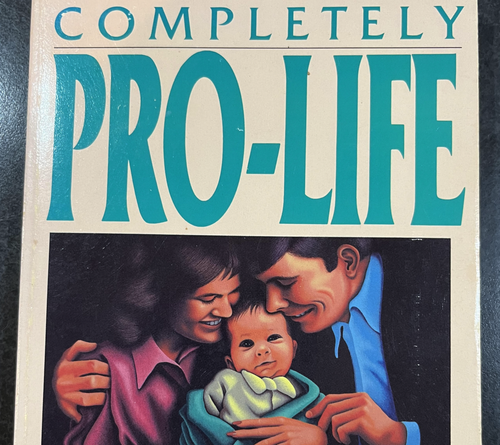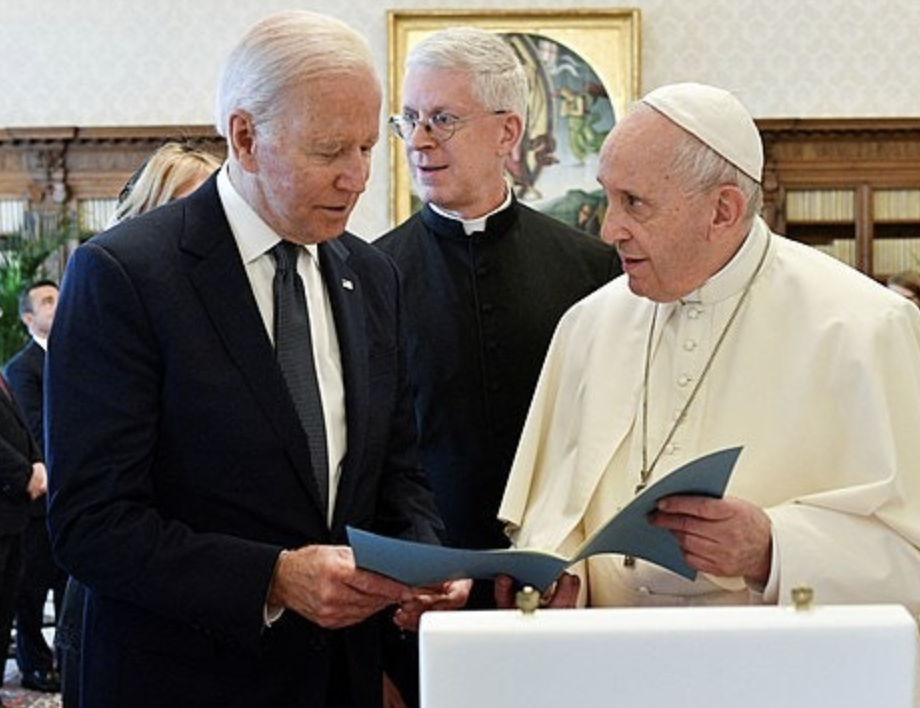For decades, viewers have enjoyed the Japanese reality-TV series "Old Enough!" in which preschool children venture into the streets alone to run errands for their parents.
What if American women asked their live-in boyfriends to stop playing videogames, leave their couches and run errands? In the Saturday Night Life sketch "Old Enough! Longterm Boyfriends!" guest host Selena Gomez asked her helpless boyfriend of three years, played by cast member Mikey Day, to buy her eyeliner and two shallots.
This man-baby ends up in tears with a big bag of onions and "a blush palette for African-American women." The frustrated girlfriend says she may need a mid-morning glass of wine.
There was wisdom in that comedy, for pastors willing to see it, said sociologist W. Bradford Wilcox, director of the National Marriage Project at the University of Virginia.
"There's a whole class of young men who are not flourishing personally and professionally. … The systems have broken down that help raise up attractive, successful men. Churches used to be one of those support systems," he said, reached by telephone.
"The future of the church runs through solid marriages and happy families. The churches that find ways to help men and women prepare for marriage and then encourage them to start families are the churches that will have a future."
The crisis is larger than lonely, under-employed and Internet-addicted men. Rising numbers of young women are anxious, depressed and even choosing self-harm and suicide.
The coronavirus pandemic made things worse, but researchers were already seeing danger signs, noted San Diego State psychology professor Jean Twenge, in a recent Institute for Family Studies essay. She is the author of the book "iGen: Why Today's Super-Connected Kids Are Growing Up Less Rebellious, More Tolerant, Less Happy -- and Completely Unprepared for Adulthood -- and What That Means for the Rest of Us."
"Something began to go wrong in the lives of teens about 10 years ago," she noted.










